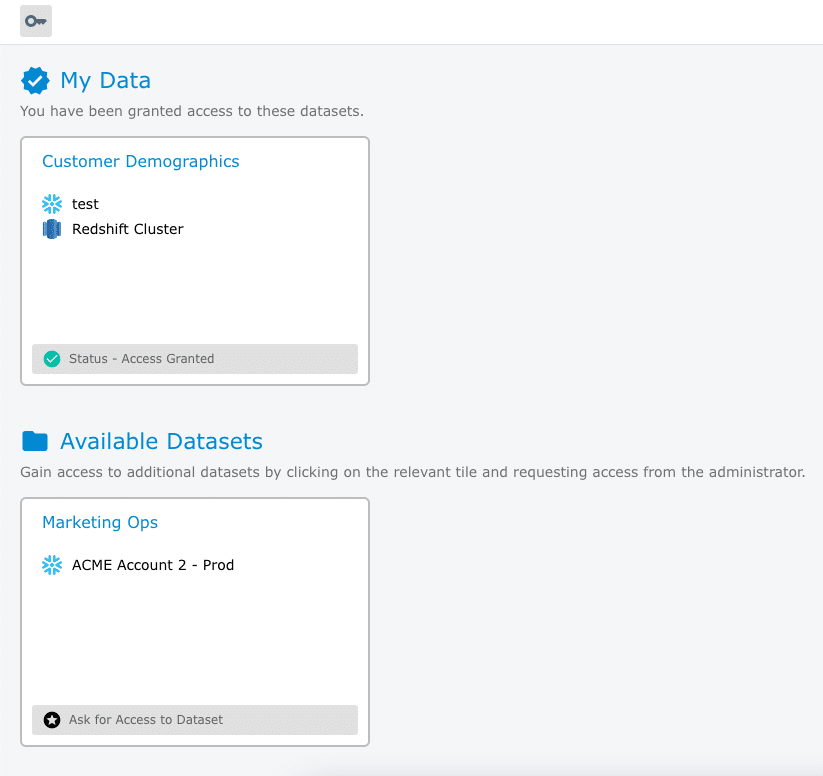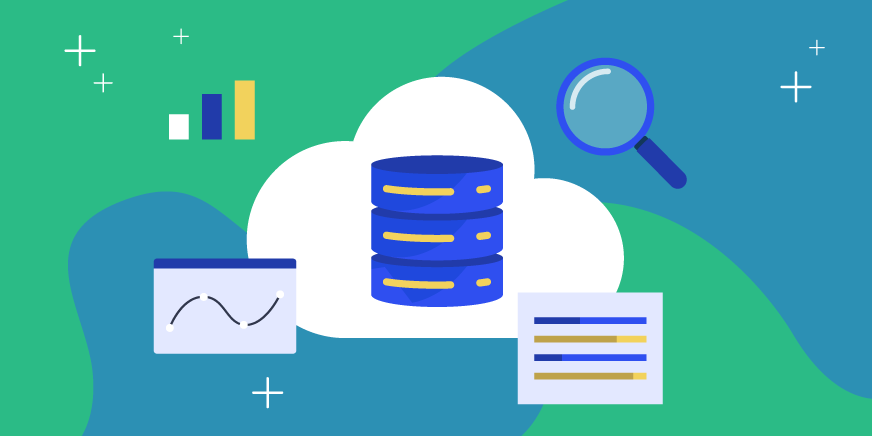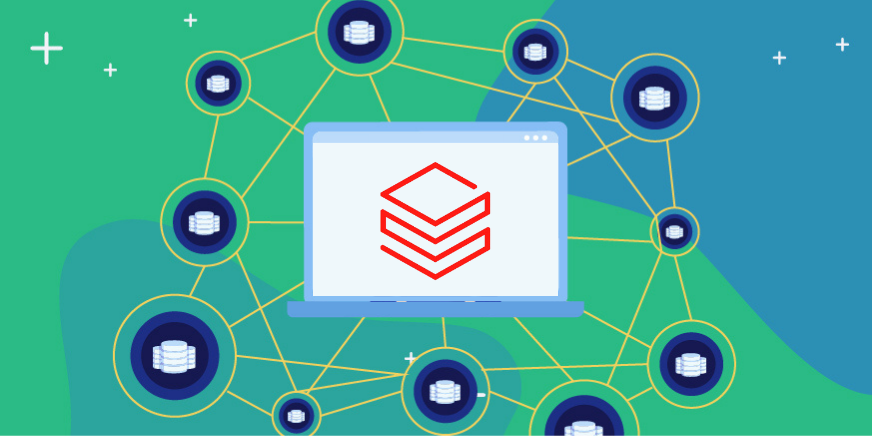Businesses that survive – or even thrive – during periods of economic uncertainty all have one thing in common: They’re laser-focused on accelerating digital transformation with the smarter use of aggregated data.
In the digital era, having timely access to accurate and relevant data is fundamental to achieving time-to-value from data. At the same time, sensitive data must be rigidly protected against a rising tide of cyberattacks and insider threats. However, accessibility and security should never be viewed as competing disciplines. In other words, a self-service data access solution should be one and the same as your data security platform in which privileges are granted on a need-to-know basis.
Challenges of a Traditional Data Culture
Traditionally, access to data is the responsibility of data engineering or DevOps teams, with others in the organizations having limited access. Data engineering and DevOps teams control granting and revoking of access to data. Responding to requests for data can be extremely time-consuming, creating a bottleneck in the time-to-value from data.
Every knowledge worker needs data to make informed decisions and perform their roles efficiently. Customer support teams require access to customer data to respond appropriately to open support tickets, while sales teams need access to billing, and finance teams need data pertaining to the company’s financial performance. Analysts also require a high-level overview of how their respective teams perform in every department.
Typically analysts and other employees have to request access to data through the DevOps or data engineering teams. Before data engineers can grant access to the data, they need to consider who’s requesting it and why, the existing security policies and whether it’s subject to any specific security or compliance needs. Not only do these manual processes take time – there’s also significant scope for human error. After all, the massive amount of data in today’s organizations make handling requests manually (and safely) a practical impossibility.
With the manual processes data engineers and DevOps teams end up dedicating a large portion of their time with repetitive time-consuming processes. Data engineers and DevOps teams constantly have to make changes to their data stores and approval workflows to improve accessibility. All the while, data consumers are left waiting and unable to make data-driven decisions when they’re most relevant.
Related blog post: Access Control: The Dementor of Data Engineers
This traditional data culture can also lead to a situation where data is siloed and controlled by a small group of people, with each department possessive and unwilling to share their data making it difficult to gain a complete organizational picture.
An additional challenge of the traditional data culture is that it can take time to scale. As organizations grow, more data is generated and it becomes harder to manage and analyze. This can lead to missed opportunities and delays in decision-making.
What is a Self-Service Data Culture
Self-service data culture is one where data is accessible to all team members regardless of their technical expertise. All team members can access and analyze data on their own, without relying on data engineering or DevOps teams to provide them with access to the data that they need.
Self-service data culture is achievable through the use of tools and platforms that allow non-technical members to work with data. These tools typically provide a user-friendly interface that enables team members to discover and analyze datasets quickly and easily. It empowers everyone in the organization to make data-driven decisions, improving agility and speed, and ultimately driving growth.
The 3 Benefits of a Self-Service Data Culture
A self-service data culture can overcome the challenges of traditional data culture by empowering all team members to access and analyze data. This approach has several advantages:
- Faster Decision-Making: With a self-service data culture, team members can access data as needed, reducing the time it takes to make decisions. This can help organizations respond more quickly to changes in the market, giving them a competitive advantage.
- Improved Collaboration: When everyone in the organization can access and analyze data, it becomes easier to collaborate across departments. Teams can share insights and work together to solve problems, leading to better outcomes.
- Increased Agility: A self-service data culture enables organizations to be more agile by making it easier to adapt to changing circumstances. Teams can quickly analyze data and make informed decisions, helping the organization stay ahead of the competition.
Providing any one team or individual with access to the entirety of an organization’s data is undesirable for two key reasons: it overburdens data consumers with information overload, and it creates a single point of failure. No one in the organization should have access to data that they don’t explicitly need to perform their roles. A modern data security platform helps foster a data-driven and security-aware corporate culture in which obligations like security, privacy, and compliance become inseparable from data operations.
Self-Service Data Culture with Satori
Satori’s comprehensive Data Security Platform fosters a self-service data culture. Satori provides a personalized data portal. The data portal displays, for each user, the data available to them based on their qualifications. The first step is for the admin to set up the access rules:

The user then looks in their data portal at the available datasets and requests access to the dataset they need.

Based on the qualifications of the user access is either granted or denied immediately.
The ability to offer customers self-service access to data enhances their ability to perform successful data projects and achieve a higher time-to-value. A consistent, automated self-service platform that connects and aggregates all your data sources, everyone can access the data they legitimately need without compromising security. That’s what ultimately drives a data-driven company culture that can adapt quickly and thrive during rapid change.
To learn more about how Satori’s Data Security Platform helps data-driven organizations develop a self-service data culture and accelerate time-to-value book a 30-minute consulting call with one of our experts.



